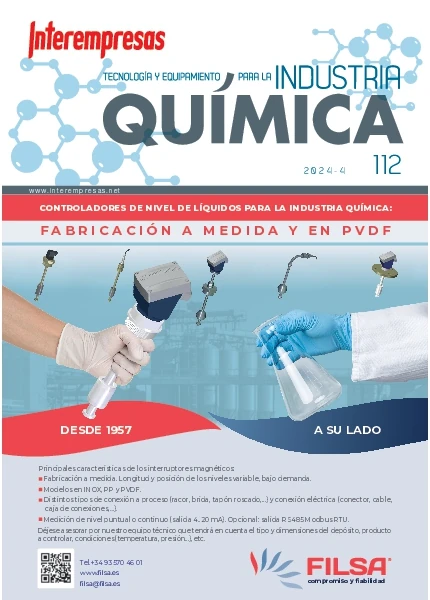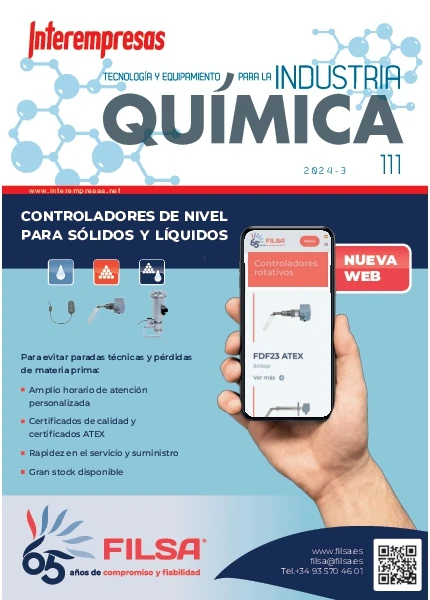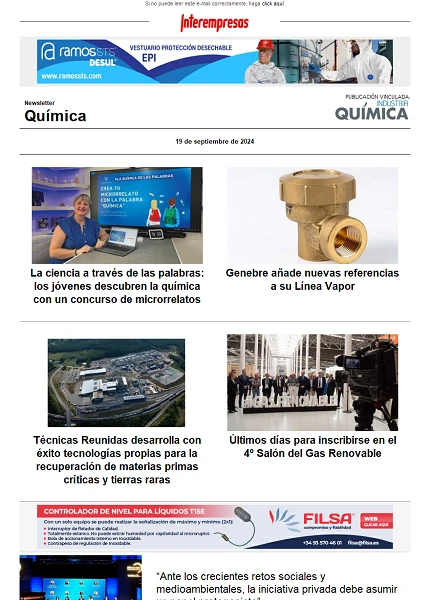Quien contamine tendrá que pagar

Los operadores causantes del daño tendrán que tomar medidas para corregirlo o, en caso de amenaza de daño, para prevenirlo. Aunque la Directiva no prevé la concesión de indemnización a los particulares, sí contempla que éstos se beneficien de una compensación si lo estipula así la legislación nacional.
Gracias a las nuevas medidas, la Unión Europea pretende combatir el llamado “turismo jurídico”, es decir, la búsqueda, por parte de los operadores, de la legislación menos estricta para implantar en ese país su industria y llevar a cabo allí su actividad con menor riesgo de ser perseguidos por causar daños medioambientales.
El texto acordado incluye un conjunto de excepciones. Por ejemplo, la Directiva no se aplicará en caso de daños derivados de guerras, de fenómenos naturales de “carácter excepcional, inevitable e irresistible”, de riesgos nucleares ni de daños por incidentes cuya responsabilidad esté regulada por algún convenio internacional recogido en el anexo de la Directiva. Tampoco se aplicará a actividades relacionadas con la defensa nacional o la seguridad internacional.
En otros casos, aunque sean de aplicación de la Directiva, se permite que se exima al operador de sufragar los costes. Por ejemplo, cuando haya habido una autorización expresa para una actividad que, finalmente, haya causado un daño; o bien cuando no podían conocerse los efectos nocivos según el conocimiento científico existente en el momento en el que se produjo la actividad. De todos modos, sólo habrá excepciones si no hubo culpa o negligencia.
La contratación de seguros por parte de los operadores para hacer frente a los costes vinculados al cumplimiento de esta Directiva ha sido una de las cuestiones más debatidas y que, inicialmente, enfrentaban más al Parlamento y al Consejo. El objetivo es evitar que un operador que debe hacer frente al pago para la reparación de daños se declare insolvente.
El Parlamento Europeo se había pronunciado a favor de que dentro de unos años se obligara a las empresas a contratar seguros, si entre tanto no se habían desarrollado instrumentos de mercado apropiados. El compromiso adoptado, sin embargo, insta a los estados miembros a que fomenten el desarrollo de instrumentos de garantía financiera para hacer frente a sus responsabilidades en caso de daño medioambiental.
La Comisión Europea, por su parte, presentará un estudio en el plazo de seis años sobre los costes y beneficios de un sistema de garantías financieras y valorará la conveniencia de imponerlo de forma obligatoria.
La norma afecta a los sectores incluidos en una lista cerrada –industria química y energética (salvo nuclear y petróleo), industria del papel, explotaciones mineras, gestión de residuos y de sustancias peligrosas– y a toda actividad que afecte a especies o hábitats protegidos por la legislación comunitaria –Red Natura 2000 y Directiva sobre hábitats y aves–.
El Prestige no se cubrirá
El fondo está alimentado económicamente por los compradores de productos petroleros y no por los armadores de los barcos. Los eurodiputados estiman que esto podría debilitar la voluntad de los armadores en su responsabilidad y han hecho presión para que la Comisión Europea adopte nuevas medidas en las que se incremente la responsabilidad de los armadores cuando se efectúe una reevaluación de la Directiva, una vez que se haya aplicado durante diez años.
No obstante, la Comisión Europea tendrá que evaluar la cuestión antes de que pasen nueve años y plantear en su caso la conveniencia de incluir en el ámbito de esta Directiva a la contaminación por hidrocarburos causada por buques y actualmente regulada por convenios internacionales. Asimismo, la Comisión evaluará entonces si debe aplicarse esta Directiva a daños causados por organismos transgénicos.
La colaboración entre los estados miembros cuando los daños puedan afectar a otros países es uno de los puntos clave de la Directiva. Así se asegurará un intercambio adecuado de información para posibilitar la toma de medidas preventivas.








































